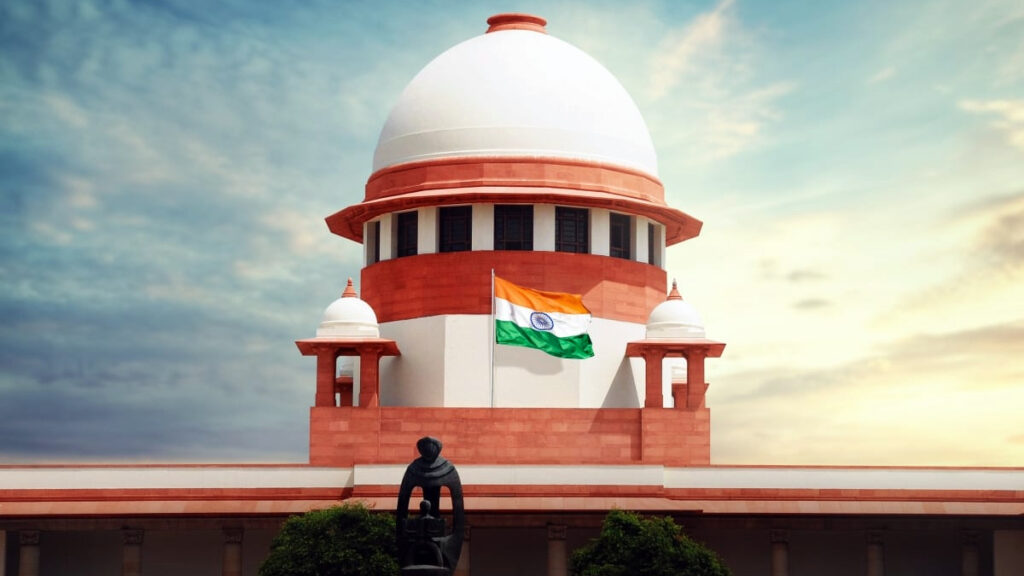
Collegium System & Its Working
Last Updated on October 26, 2022 by NewsDesk SLC
Recently, Justice DY Chandrachud succeeded Justice UU Lalit in the office of the Chief Justice of India.
Before the new CJI took over, CJI UU Lalit sent a second note to the Supreme Court Collegium. He has done so to request the committee to reconsider its stand on the proposal to recommend four new judges to the top court through a written note instead of a formal meeting.
The incumbent CJI, UU Lalit, is set to retire in a little over a month which leaves him with very little time for new appointments to the court.
As per the standing convention under the Collegium System, the government writes to the outgoing CJI before his retirement, and the CJI recommends the name of the senior-most judge as the successor about a month before retirement. Once a new name has been recommended, the incumbent CJI usually refrains from taking decisions on the appointment of judges.
Despite CJI Lalit’s letter, the two judges are firm that the process of “holding a Collegium meeting by circulation” instead of face-to-face deliberations is unheard of, and they cannot be a party to it.
Let’s Understand What the Collegium System is & How it Works:
The collegium system is the system for the appointment and transfer of both supreme and high court judges. This system has come into existence from a series of 3 Supreme Court decisions, popularly known as the Three Judges Case.
The third judge’s case, which was actually a presidential reference to the Supreme Court, established the collegium system which is currently in place. Therefore the collegium system is not rooted in the Constitution or a specific law promulgated by Parliament; it has evolved through judgments of the Supreme Court itself.
The Supreme Court Collegium is a five-member body, which is headed by the incumbent CJI and comprises the four other senior-most judges of the court at that time. A High Court collegium is led by the incumbent Chief Justice and two other senior-most judges of that court. By its very nature, the composition of the collegium keeps changing.
Judges of the higher judiciary are appointed only through the collegium system, and the government has a role only after names have been decided by the collegium. Names recommended for appointment by a High Court collegium reach the government only after approval by the CJI and the Supreme Court collegium.
The role of the government in this entire process is limited to getting an inquiry conducted by the Intelligence Bureau (IB) if a lawyer is to be elevated as a judge in a High Court or the Supreme Court. The government can also raise objections and seek clarifications regarding the collegium’s choices, but if the collegium reiterates the same names, the government is bound to appoint them.
Sometimes the government delays making the appointments, especially in cases where the government is perceived to be unhappy with one or more judges recommended for appointment by the collegium. Supreme Court judges have sometimes expressed anguish over such delays.
The collegium system evolved out of a series of judgments of the Supreme Court that are called the “Judges Cases”. The collegium came into being through the interpretations of the relevant provisions of the Constitution that the Supreme Court made in the Three Judges’ Cases.
Criticism:
Critics have pointed out that the system is non-transparent since it does not involve any official mechanism or secretariat. It is seen as a closed-door affair with no prescribed norms regarding eligibility criteria or even the selection procedure. There is no public knowledge of how and when a collegium meets and how it takes its decisions. There are no official minutes of collegium proceedings. The attempt made to replace it by a commission (through Ninety-ninth Amendment Act, 2014) was struck down by the court in 2015 on the ground that it posed a threat to the independence of the judiciary.
Written by – Shaurya Mahajan






1 Comment
[…] What is the Collegium System? […]